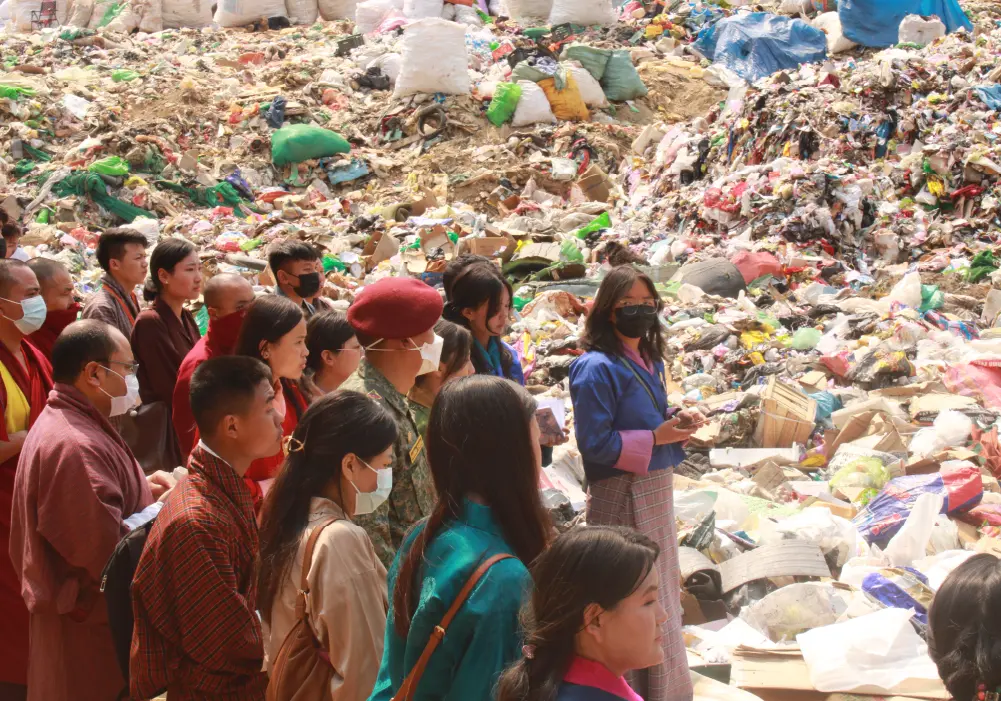About Us
Our project mobilizes action among innovators, policy, civil society, and private sector stakeholders to grow the ecosystem for circular innovation in plastic waste management and environmental conservation and in doing so, also support the achievement of the United Nations Sustainable Development Goals (Figure 1). The long-term impacts will include reduced river pollution, improved waste management practices, enhanced livelihoods, and increased gender equality in administrative roles. Importantly, active participation and collaboration by all stakeholders is crucial for these activities to be implemented and for a more sustainable environment to be developed, now and forthcoming.
UN SDGs that will be positively impacted by our project
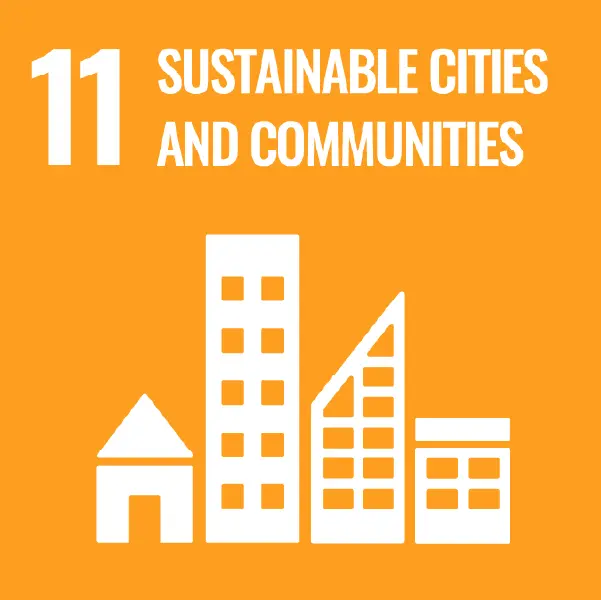
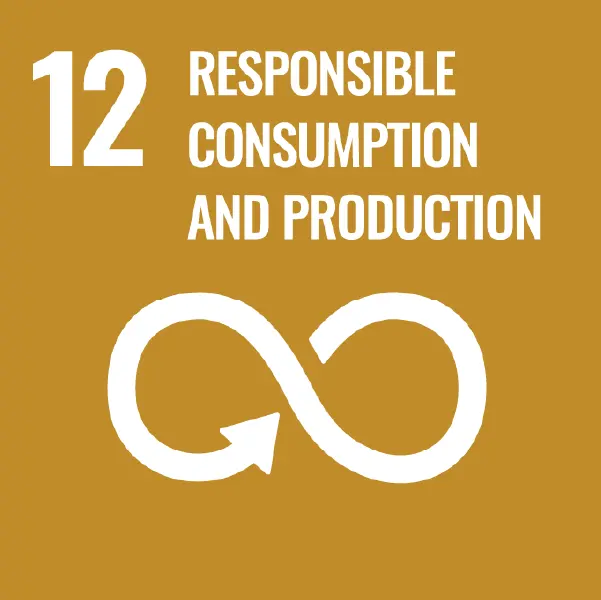
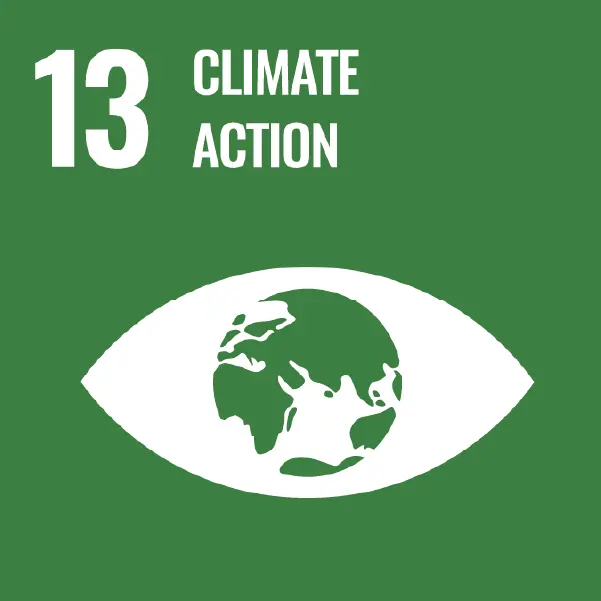
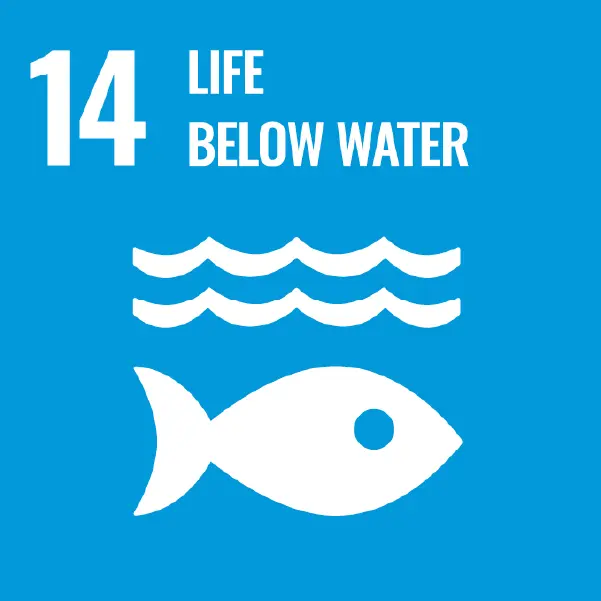
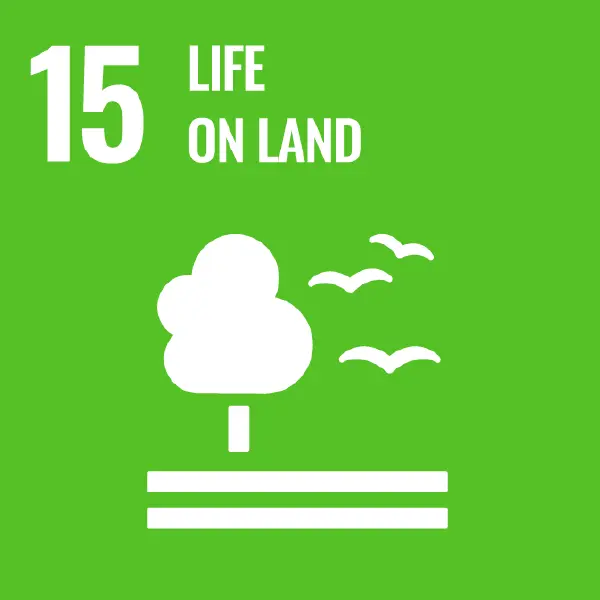
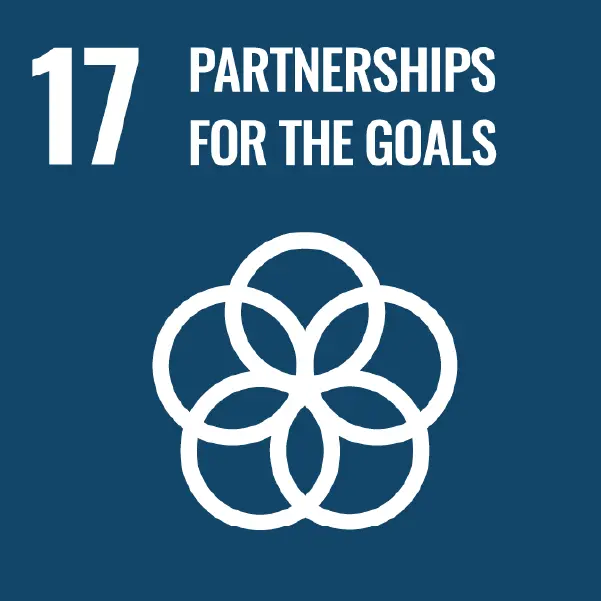
Our project works across the following dimensions:
1. Engender riverscape conservation and plastic waste management within our targeted communities.
Amplify Bhutan’s national commitment to conservation via outreach education and social media. Promote and reinforce the efforts of local communities to effectively manage plastic waste at the household level. Women and youth will be actively engaged to organize (and participate in) local plastic waste management groups.
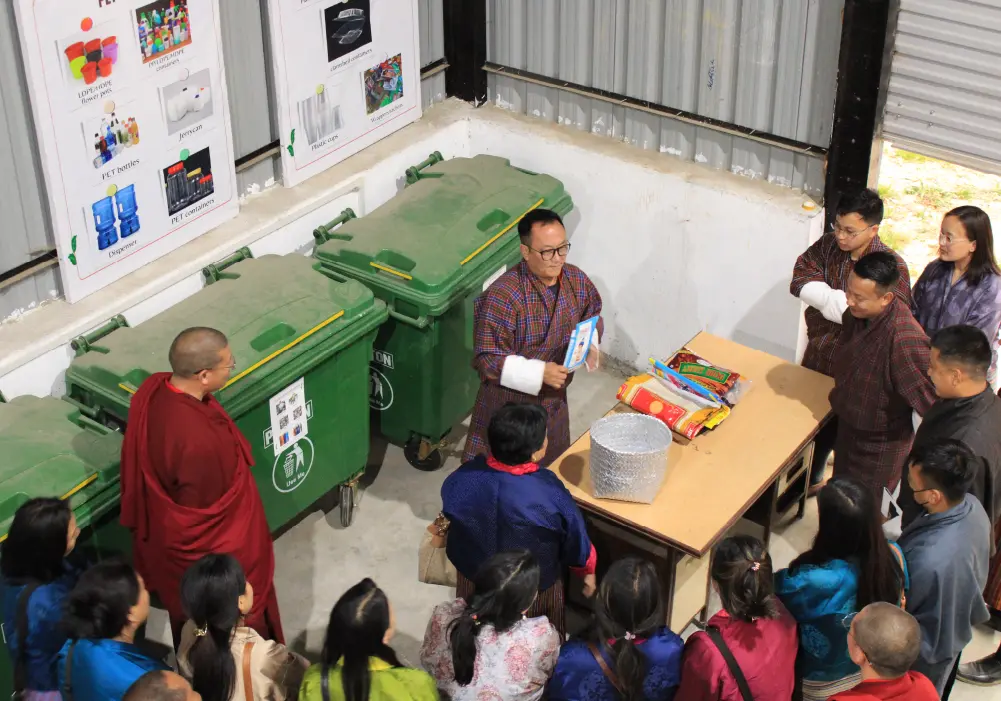
2. Implement contemporary innovations that reduce riverscape pollution and environmental degradation.
To promote effective waste collection and management, build waste storage facilities and three types of bins (HDPE, PP, PET) to be distributed in targeted areas. A recycling hub will be established to process collected waste into reusable plastic PET pellets and bricks (= UR Brick). Drainage infrastructure will be upgraded to prevent the direct entry of plastic waste into WangChhu.
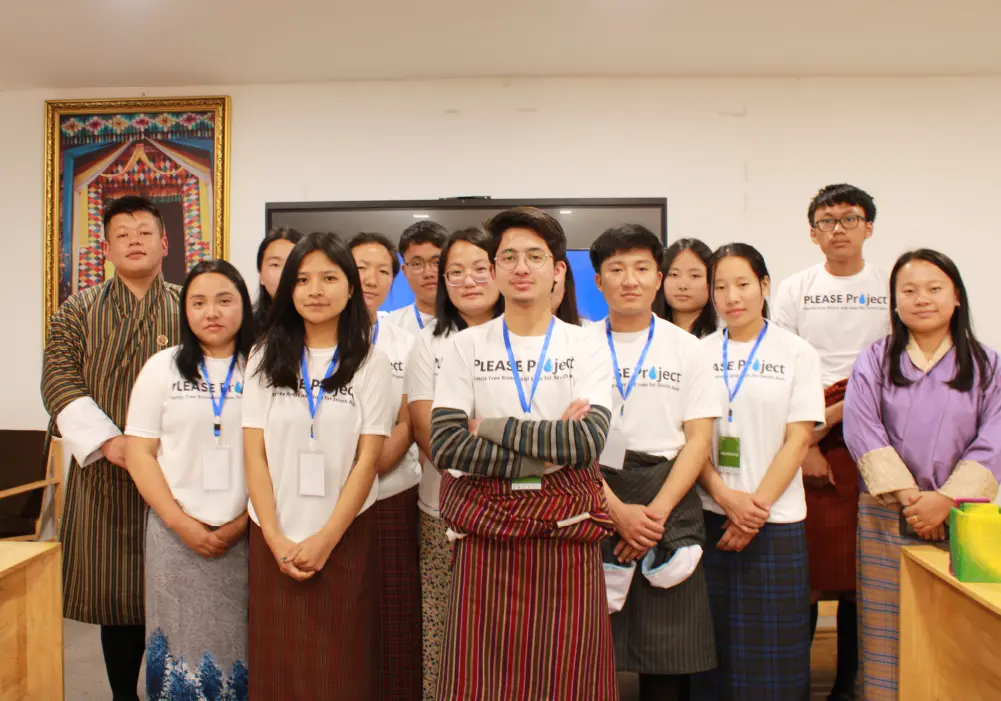
3. Achieve a marked reduction in plastic pollution levels by initiating/extending partnerships and collaborations.
Alliances/ MOUs will be (re)established with stakeholders, including local governments, NGOs, private entities, and educational institutions. South Asia Co-operative Environment Programme Regional Alliances (SACEP: Nepal, Bangladesh, India, Sri Lanka) will be fostered/ strengthened to ensure Trans-Himalaya riverscape monitoring.
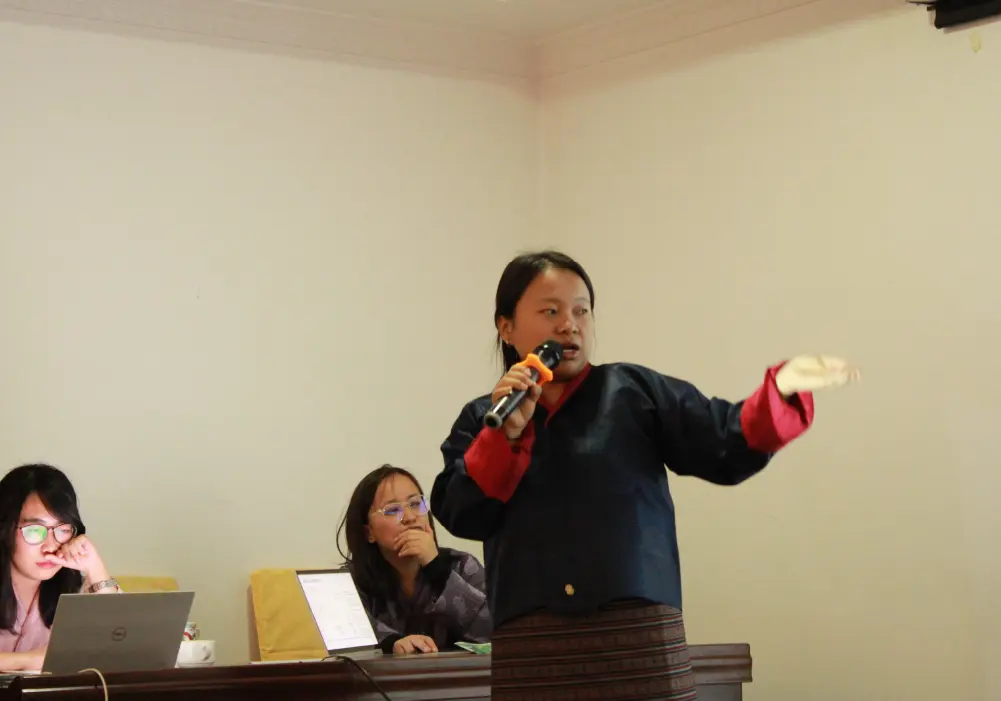
4. Expand the waste management expertise in Bhutan.
Policy briefs, technical reports, podcasts, infographics, and Standard Operating Procedure (SOPs) made available on open access platforms. These will be employed in support of government initiatives to reduce plastic pollution and improve solid waste management.
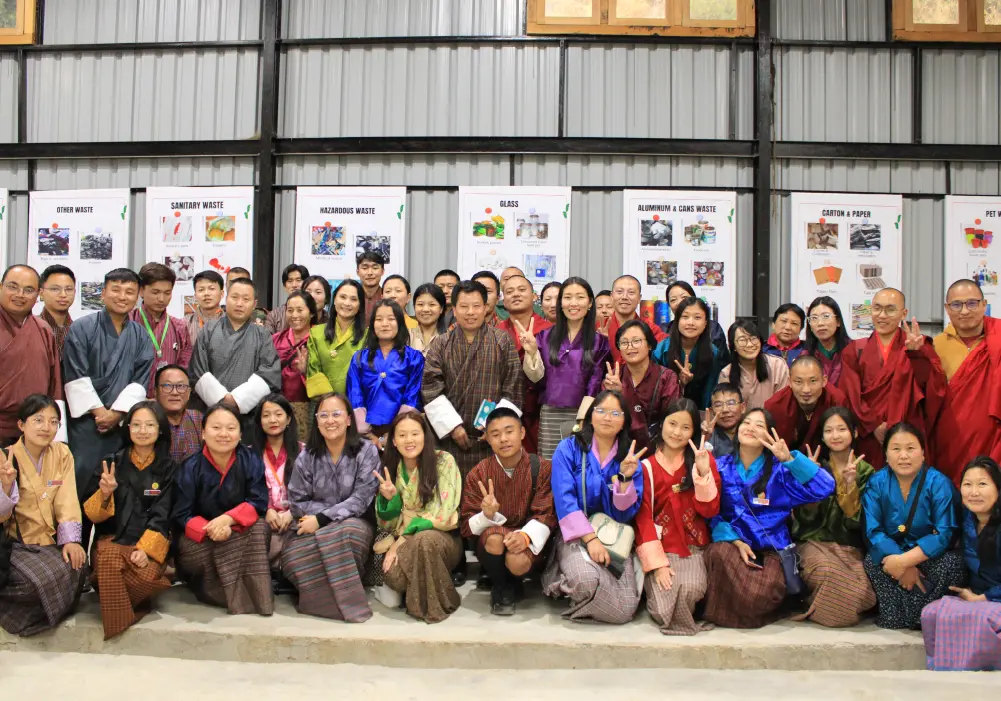
5. Promote women in project administration and management.
Female administrators and managers will be developed as part of a new cadre affiliated with plastic waste management and conservation. Economic opportunities will also be created for women, youth, and vulnerable groups. Capacity-building initiatives will be implemented to train women in the operation and maintenance of plastic waste management systems.
